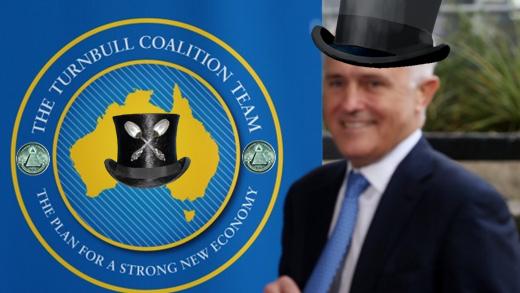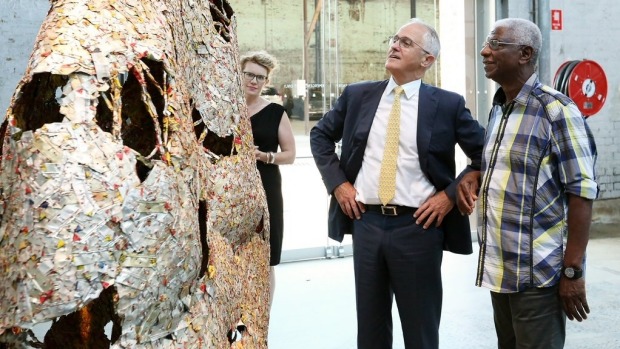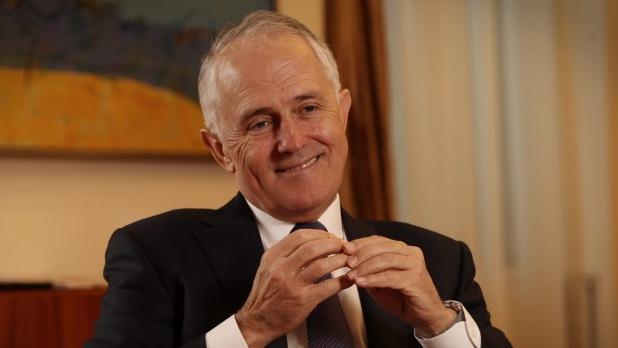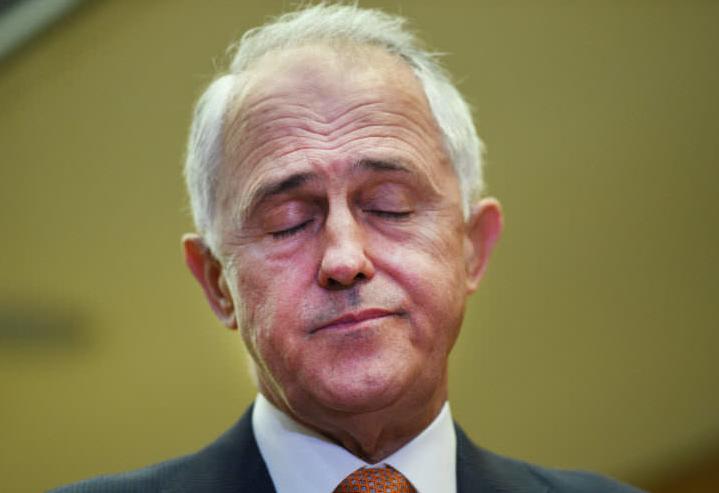
by The Spectator Australia, September 15 2018
‘The Canberra press gallery can’t work out why their favourite Liberal is no longer prime minister because they have almost no understanding of how the Liberal party actually works. Political journalists rarely talk to anyone outside the Canberra bubble and their Liberal contacts are nearly always from the party’s progressive wing. That’s why they didn’t see Malcolm Turnbull’s demise coming and have difficulty grasping what actually happened.

It was much less the political assassination at the hands of vengeful conservatives depicted by most commentators, than it was political suicide.
Sure, there were a significant number of MPs – at least a dozen in the end – threatening to cross the floor against Turnbull’s energy policy. Their objective, though, was to change the policy that they thought would hike prices and destroy jobs; rather than to change the leader. Given the history, only a Liberal prime minister with a death wish would have persisted in trying to negotiate an emissions reduction policy that required the agreement of the Labor states. After losing his leadership once before on this issue, the main madness on display in the previous sitting fortnight was Turnbull’s determination to make a fatal mistake twice.

Within a week, Turnbull went from declaring that his policy to legislate emissions reduction targets had ‘overwhelming’ party room support, to substituting regulation for hard-to-change legislation, and finally to dropping the legislation altogether because enough of his own MPs were against it to make passage impossible without Labor support. So in the first week of the previous sitting fortnight, he destroyed his own policy; in the second week he destroyed his own leadership.
With his authority already shredded through obstinacy, Turnbull then tried to gazump the challenge he feared by declaring the leadership vacant before potential challengers were ready. With just seven votes in it, the leadership came into play and, just three days later, he was gone.

But note the numbers. The final vote of no-confidence in Turnbull was 45-40. The final Scott Morrison versus Peter Dutton vote was also 45-40.
In other words, Turnbull had roughly 40 votes and Dutton had roughly 40 votes. It was the handful of Morrison votes that tipped Turnbull out; and then, allied with Turnbull’s votes, made Morrison prime minister. This is something a bitter Turnbull is likely to ponder in years to come, especially as Morrison seems to be adopting much of the conservatives’ policy agenda.
What most Liberal MPs had grasped – but what the progressive media and a small Liberal rump still haven’t woken up to – is that a Liberal party acting like the Labor party can’t win elections. It was the 29 per cent Liberal vote (coupled with the 16 per cent One Nation vote) in Longman that finally exposed Turnbull’s lethally poor political judgment. Bizarrely, in the same party room meeting where he put his job on the line he claimed that internal polling showed that the Libs were going to lose – even though he’d said it would be a test of his and Shorten’s leadership.
Despite this, Christopher Pyne was on TV last week questioning why his own government had changed the prime minister and left-wing journalists are still claiming that the Liberal party is tearing itself to pieces. Pyne is the same person who boasted that the progressive faction was in the ‘winner’s circle’ and these are the same scribes who think that the more the Liberal party resembles Labor and the Greens the better.
There are always transaction costs, but they’re lower this time because the people most aggrieved by Turnbull’s removal never vote Liberal. This was always Turnbull’s problem; those he impressed were rarely those he worked with.
The Liberal party changed its leader for one reason only. Turnbull had committed so many acts of self-harm that MPs were convinced that the government would be more effective under someone else.

Even with Morrison at the helm, the next election is still Labor’s to lose but at least it will be more of a contest under someone whose Liberal party history does not consist of undermining people to take their position. In fact, far from being aghast at yet another coup, the vast majority of Liberals seem relieved to have their party back. Turnbull was notorious for refusing to attend weekend events, for hating Liberal party conferences and for disdaining routine fund-raising. He could rarely help giving Liberals the impression that he was just using them to gain the top job.
Provided Morrison keeps sounding like a middle-of-the-road Liberal, and not someone who could just as easily be in another party, my sense is that the Liberals will soon revert to the comparative internal discipline they had under John Howard in government and under Tony Abbott in opposition. Indeed, they already largely have.
Some have noted the similarity between Morrison’s ‘a fair go for those who have a go’ rhetoric and Shorten’s fairness mantra. The more telling resonance is actually with Abbott, who often said that it’s ‘only because most of us have a go that all of us can get the fair go that every Australian deserves’.
